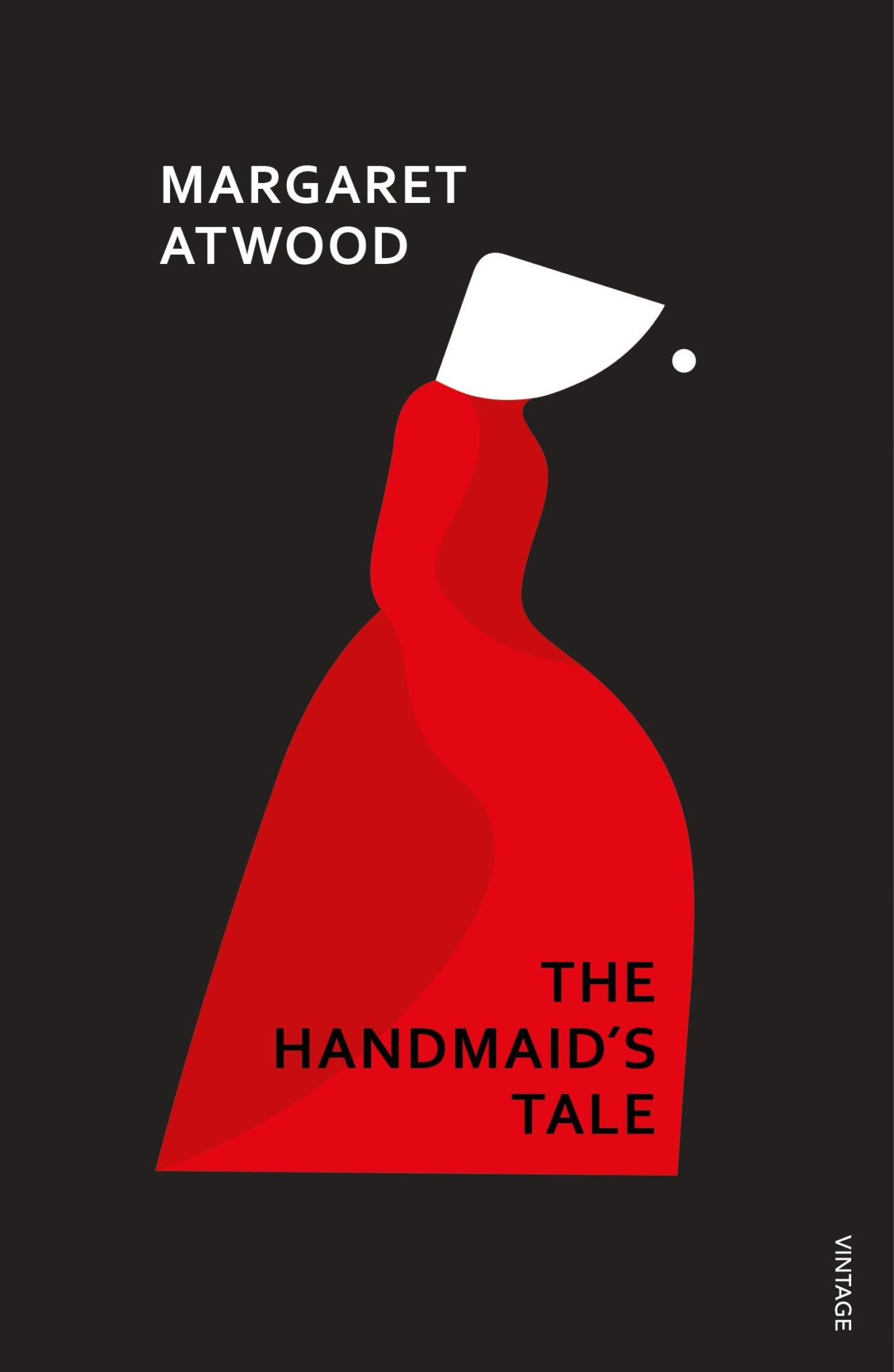"The Handmaid's Tale" by Margaret Atwood is a haunting and thought-provoking novel that explores themes of power, oppression, and resistance. Set in a dystopian society called Gilead, where women are stripped of their rights and forced into roles as handmaids, the novel follows the story of Offred as she navigates the brutal and oppressive world in which she lives.
Atwood's writing is powerful and evocative, drawing the reader into the bleak and terrifying world of Gilead. The novel's exploration of gender politics and the ways in which women are controlled and subjugated is both chilling and timely, offering a stark reminder of the importance of fighting for equality and freedom.
One of the most striking aspects of "The Handmaid's Tale" is its exploration of the ways in which power can corrupt and control individuals, leading them to commit unspeakable acts in the name of maintaining control. Through the character of Offred, Atwood forces the reader to confront uncomfortable truths about human nature and the ways in which individuals can be complicit in systems of oppression.
Overall, "The Handmaid's Tale" is a powerful and unforgettable novel that challenges the reader to think critically about the world we live in and the ways in which power can be used to control and manipulate individuals. It is a timeless classic that continues to resonate with readers today, serving as a stark reminder of the importance of fighting for justice and equality.

